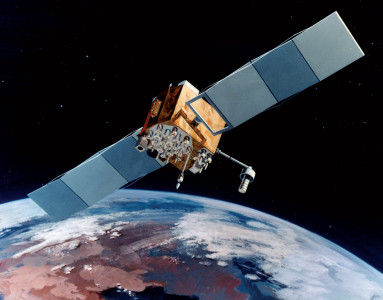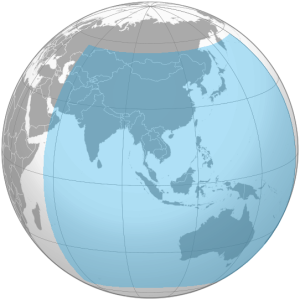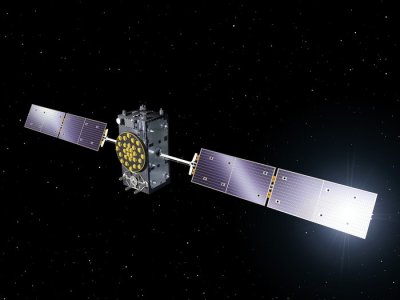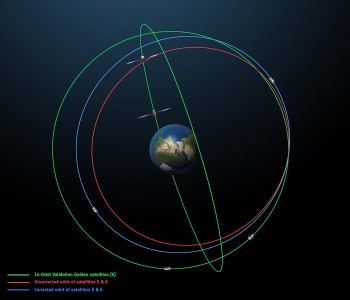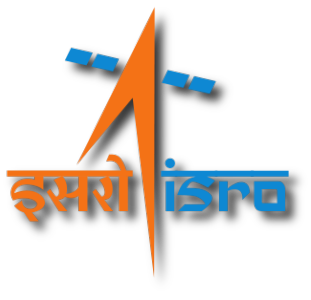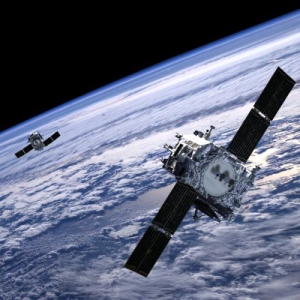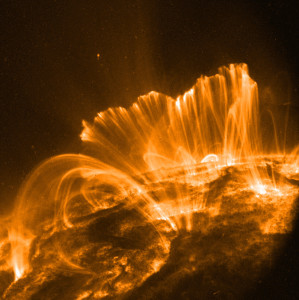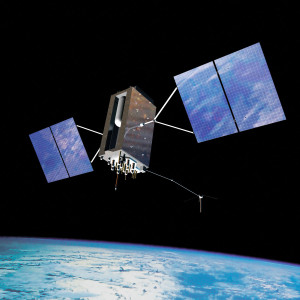
Here in the United States and around quite a good portion of the world, the US GPS system is the primary method of satellite navigation. However, according to Sputnik News, Russia’s GLONASS system will be declared fully operational by the end of this year and will provide the world with a secondary set of satellites for global satellite navigation. read more
